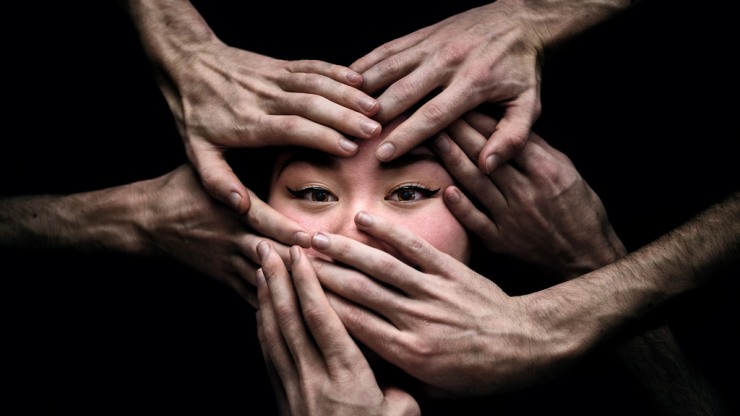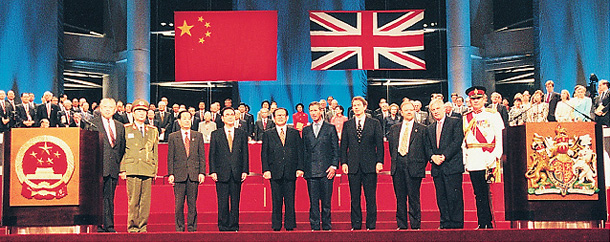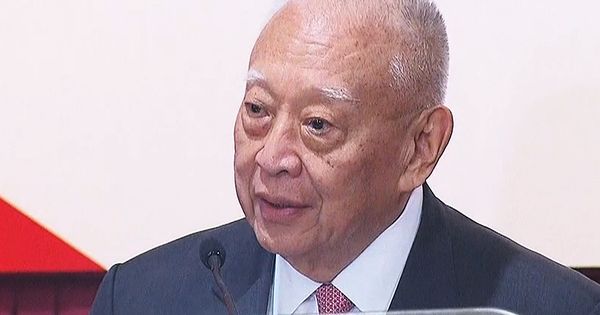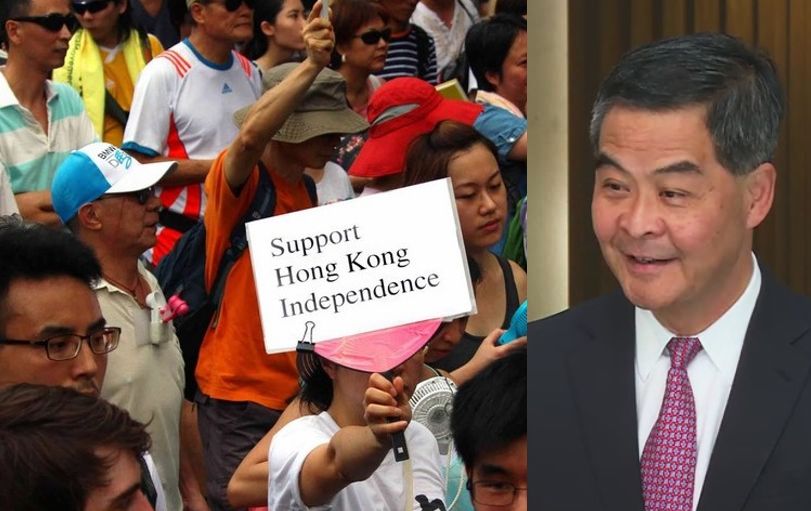For years now, the Hong Kong-Singapore rivalry has been trending in the direction of the Lion City, which seems to rise in every perennial regional index of competitiveness and liveability as Hong Kong’s fortunes sink. More affordable housing, better English, greater tech innovation, fresher air—the list goes on of areas in which Hong Kong officials would be wise to emulate their counterparts in Singapore.
As if to underscore the point, thanks to swimming sensation Joseph Schooling, Singapore won its first-ever gold medal at the recently concluded Rio Olympic Games. Don’t ask how many medals—gold or otherwise—Hong Kong athletes brought home.
When it comes to political development, however, Singapore never has been—and never should be—a model. Ever since the city-state’s exalted and exacting founding father, Lee Kuan Yew, led it to independence from Malaysia in 1965, Singapore has been a paradigm of political repression that no free-minded people have wanted to duplicate.

Until today, that is, right here in Hong Kong. What else to make of the clumsy thought control now being imposed not just on candidates for the upcoming Legislative Council elections but also on teachers and students in the city’s schools.
Indeed, before the 1997 handover from British to Chinese rule, mainland leaders had dreamily imagined Hong Kong as a prosperous, efficient and politically docile future addendum, à la Singapore, but they were in for a rude awakening.
The first big difference, of course, is that Hong Kong had the hapless Tung Chee-hwa, not Lee Kuan Yew, to guide the city through its crucial transitional period.

Initially received with applause and goodwill, Tung soon made a mess of things. Deeply unpopular by the end of his first five-year term, he then resigned in 2005 before his second term ended. While Tung cited ill health as the reason for his resignation, we all knew that Beijing had shown him the door because he lost the support of the Hong Kong people.
But let’s not be too hard on Tung; the city’s governance has only grown worse since his ignominious departure. The current chief executive, Leung Chun-ying, somehow manages to make Tung’s dismal popularity ratings look good, and his predecessor, Donald Tsang Yam-kuen, also suffered a brick-bat barrage during his seven years in office, leaving under the cloud of a corruption scandal for which he will stand trial in January.
The next chief executive, whoever that might be, will most likely fare no better because the city’s political system—an incoherent mix of democracy, special-interest voting and aloof executive leadership controlled by Beijing—has proven hopelessly dysfunctional in the nearly 20 years that have passed since the handover.

It is entirely predictable that, given the Hong Kong government’s record of failure under Chinese sovereignty, people, especially young people, would begin calling for radical change—yes, even independence, impossible though that sounds.
Shutting them up with Singapore-style restrictions on free speech, however, is not the answer; indeed, such restrictions are guaranteed to further inflame Hong’s Kong’s already angry political scene.
We all know the status quo isn’t working. The system must change, and there should be a full and robust public debate about how and when that should happen during which all options are placed on the table.
The independence advocates are not going to win that debate anyway, so what’s the harm in letting them take part—yes, in the Legislative Council if they manage to get elected and also in schools, where the free exchange of ideas should be nurtured and encouraged, not suppressed.

Shutting them out shows weakness and insecurity while also undermining one of the core values, free speech, that laudably separates us from authoritarian states like Singapore—whose leaders, despite their many accomplishments, have created a micromanaged nanny state with a shackled media and stunted populace. Moreover, harsh measures only provide added motivation to radical fringe groups whose very existence is dependent on confrontation with the government—the more, the better.
Now, thanks to the short-sightedness of city officials—from the chief executive to education chief Eddie Ng Hak-kim to the luckless returning officers who were responsible for barring some pro-independence candidates from next month’s Legco elections—the city is moving into dangerous and uncharted territory.
For example, what will become of Legco candidates such as Chan Chak-to, who openly advocates independence and yet somehow slipped through the returning officers’ vetting net?

At an election forum hosted Sunday by public broadcaster RTHK, Chan called for Hong Kong’s mini-constitution, the Basic Law, to be abolished, saying:
“I do not believe the ‘one country, two systems’ policy can be materialised any more. And we see that our core values like democracy and rule of law are now being stepped on. Therefore, we need to get rid of anything related to the policy if we want Hong Kong independence.”
The candidate made a similar statement at a forum hosted by TVB a week earlier—in clear contradiction of the Electoral Affairs Committee’s new directive barring anyone who advocates independence from running for Legco. Chan, who was required to sign declarations stating that he will uphold the Basic Law and recognises Hong Kong as an “inalienable part” of China, has now, it appears, committed a crime and could be arrested. Will he be?
And, now that the Education Bureau has proscribed support for independence in schools, what happens when students return to classes next month and pro-independence groups like Studentlocalism take their campaign into their classrooms? Will they be suspended, expelled or worse?
Pity the principals and teachers who are expected to work in this environment. And pity the city that appears to be opening a dark new chapter in its post-handover history.
